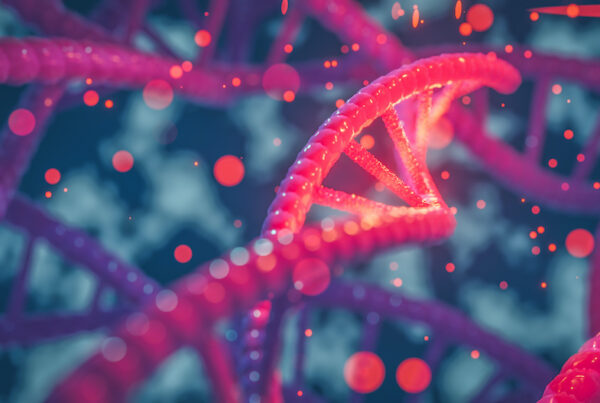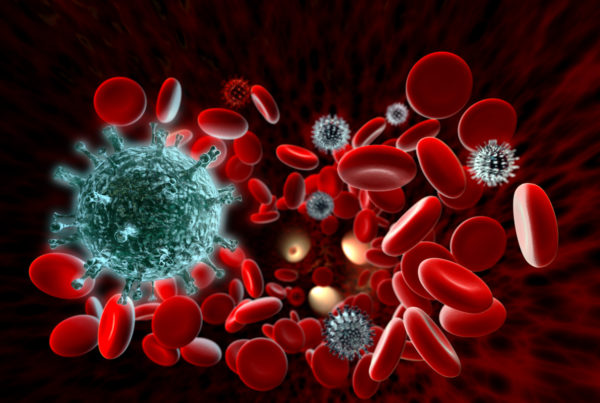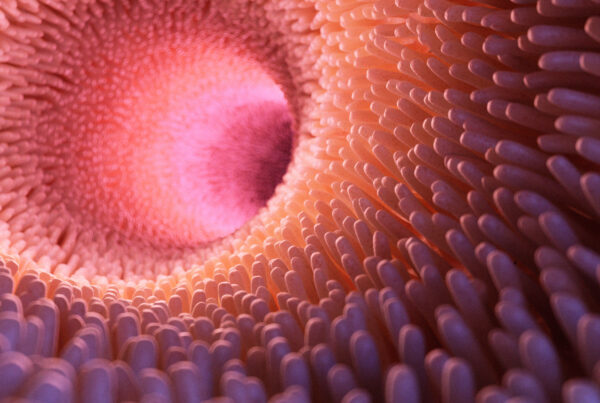If you’ve heard of peptide therapy, then most likely you associated it with Olympians, professional athletes, or bodybuilders — but the benefits of peptide therapy potentially extend to everyone.
Peptide therapy is widely used amongst athletes to help increase performance; however, that doesn’t just mean it’s only for elite athletes. Peptide therapy is still very much in the early stages of research, yet the early results have been promising. Currently, scientists are looking at it as a potential treatment for everything ranging from Alzheimer’s to cardiovascular disease.
The global peptide therapeutics market is expected to reach over $50 billion by 2024. More than 7,000 naturally occurring peptides have been identified — and there’s something interesting to say about just about all of them.
Today, over 60 peptides have been approved for use in the US and other major markets and over 150 peptides are in active development. More than 260 have been tested in human trials with incredible results.

Peptide Therapy: An Emerging Science
Peptide therapy is a new and cutting-edge science that has many potential benefits. Because peptides are naturally produced in the body, the body recognizes them and utilizes them as a natural substance.
Because peptide therapy is still a relatively new treatment in medicine, it has yet to gain the popularity that it deserves. The first peptide therapy was actually introduced in the 1920s — and we know of it today as the widely-used medication for treating diabetes — insulin. That’s right — insulin is technically a peptide therapy.
Insulin is a peptide hormone that works by supplementing production in individuals who cannot otherwise produce it on their own. As a result, blood sugar levels spike causing a vast array of unwanted symptoms.
The thing is, many of us suffer from unwanted symptoms from common conditions on a daily basis, but rather than seeking treatment, we believe we must just get used to them or that they are just “a part of life.” Many common ailments that come with age such as fatigue, sleeplessness, wrinkles, even anxiety, and depression could potentially be alleviated through peptide therapy.
Peptide therapy is not to be confused with hormone therapy. Peptide therapy stimulates the body’s own production of hormones by supplementing it with amino acids. Whereas hormone therapy actually replaces hormones that are missing or deficient.
While you don’t have to have a major in organic chemistry to understand what peptide therapy is and how it works, it’s helpful to breakdown what peptides are and why the body needs them.
Peptides — Your Body’s Signaling System
In order to understand what peptides are, we must first understand what amino acids are and the vital role they play in our development. When you eat something with protein in it, the body proceeds to break that protein down into its building blocks: amino acids. These amino acids are then used to build proteins and peptides that carry out normal biologic functions within your body.
The process of creating both proteins and peptides is referred to as folding and is incredibly complicated. The way proteins are constructed in 3D space is incredibly important — their shape is key to how they work. While we loosely understand how the folding process works, the specifics are still hotly debated.
Peptides are just a short chain of amino acids, typically consisting of anywhere between 2 and 50 amino acids linked together. Peptide bonds are formed when two or more amino acids are joined (peptide bonds are also called peptide links). Amino acids form proteins that send molecular signals throughout the body to carry out specific functions. You can think of a protein as a string of beads where every individual bead is an amino acid.
Peptides are also significantly structurally simpler than proteins. During their creation, proteins must “fold” into complex, particular shapes. The very process of protein folding is a complex research field by itself. Peptides, on the other hand, are simple linear structures.
Protein makes up 75% of the human body. They are involved with almost every body function, including growth and development, healing and repair, normal digestion, and providing the energy we all need throughout our day.
Of course — this begs the question — what makes a protein different from a peptide if they are both made of amino acids and do similar things within the body? It’s actually simple, and a little arbitrary. As we mentioned above, peptides are just shorter chains of amino acid… and that’s it. Typically, if it has over 50 amino acids linked together, it’s considered a protein. If it doesn’t, it’s considered a peptide.
(With that said, there is some crossover. Cytokines — important cell signaling proteins involved in the immune system — are also considered peptides.)
Amino acids are categorized in three different ways: Essential, non-essential, and conditional. The category that a specific amino acid belongs to determines which areas of the body will absorb it.
- Essential amino acids: Our body cannot produce them. They must be obtained through food or supplements.
- Nonessential amino acids are those that your body produces throughout the day whether or not you eat foods that contain them.
- Conditional Amino Acids: These are the amino acids that your body produces under certain circumstances, such as fighting off an illness or dealing with an unusual amount of stress.
Both peptides and proteins serve as part of your body’s signaling system. When your body’s cells (or specific glands, in the case of peptide hormones) release them, it’s their way of communicating to other cells that something needs to be done. This could be the repair of muscle tissue, the production of other hormones, the triggering of the immune system, or many other tasks.
Peptide therapy works by taking advantage of this communication system. If you can figure out what peptide does what, then you can then use peptides to influence that particular system in the body.
Thus, peptide therapy can potentially benefit in:
- Assisting in the creation and growth of muscles, connective tissue, and skin
- Assisting in maintaining muscle tone and tissue strength
- Healing and repair
- Normal digestion
- Providing energy for your body
- Regulating moods by helping produce hormones
- Producing neurotransmitters
- Maintaining healthy skin, hair, and nails
- Fat loss and enhancing metabolism
- Recovery, sleep, and energy
- Sexual wellness
- Soft tissue, tendon, and ligament health
- Safer tanning
 How Does Peptide Therapy Work?
How Does Peptide Therapy Work?
The goal of peptide therapy is to stimulate the function of hormones and molecule signaling throughout the body in order to regulate our biological pathways and maintain homeostasis (like our body temperature and pH balance).
Our balance points are constantly being thrown off by environmental changes. When you drink a glass of fruit juice, your glucose levels go up. And when you exercise your body temperature increases. Homeostasis depends on our body’s ability to detect and regulate these changes. Sweating and shivering are natural defenses to maintain our body temperature — sweating, to cool our body down and shivering, to warm us up. We do this all the time in order to stay a nice comfortable 98.6*F. As we age, hormone messaging and molecule signaling that controls our homeostasis slows down.
Peptide therapy works to correct this by targeting specific areas where our biological system is imbalanced. This can be for many reasons: age, injury, disease, or chronic stress are just a few examples.
Different kinds of peptides target different areas of the body by increasing the production of various hormones in the body.
Therapeutic peptides are tolerated easily because the body has multiple ways of disposing of amino acids. Because the molecules are small in size, they can reach “more complex, biological targets.”
When used under the supervision of a medical professional, peptide therapies are perfectly safe. Again, peptide therapy is not to be confused with HGH (Human Growth Hormone) or SARMs (selective androgen receptor modulators).
Peptide therapy, as explained earlier, is natural and processed through the body much differently than other drugs. However, you should not use peptide therapy without consulting your physician first. It’s important to remember that this is a relatively new area of medicine, and we don’t understand all of the mechanics of peptide therapy yet.
Specific peptides are used to target specific areas — so the results can theoretically be targeted and fast. Some users see a difference within days, with specific regiments delivering results within months. The preferred method of delivery is through injection, as this lets the peptides enter the body directly through the bloodstream, bypassing the digestive system. However, peptides can also be taken orally, and are available as creams or nasal sprays. But these delivery methods are often less effective.
Don’t worry — even if you’re afraid of needles, peptide injections are only a subcutaneous injection and are not intramuscular. Simply speaking, the needle is much smaller and you can choose different areas depending on the treatment. Fattier places are preferred such as your thigh, top of buttocks, back of the arm, or abdomen.
 The Advancements and Advantages of Peptide Therapy
The Advancements and Advantages of Peptide Therapy
Cancer and cardiovascular disease are the number one causes of death in industrialized countries around the world. For this reason, the interest in research of peptide therapy to treat cancer and cardiovascular disease is very high.
In an article published by the Journal of Biomedical science the advantages of using peptide therapy specifically for treating cancer, the authors state:
“Therapeutic peptides have several important advantages over proteins or antibodies: they are small in size, easy to synthesise and have the ability to penetrate the cell membranes. They also have high activity, specificity and affinity; minimal drug-drug interaction; and biological and chemical diversity. An added benefit of using peptides as a treatment is that they do not accumulate in specific organs (e.g. kidney or liver), which can help to minimise their toxic side effects. They can also be rapidly synthesised and easily modified and are less immunogenic than recombinant antibodies or proteins. Therapeutic peptides show great potential in the treatment of many diseases.”
Most of the research in peptide therapy goes toward discovery in new approaches for enhancing bioavailability. Bioavailability is just the level at which our gastrointestinal system is able to break down and absorb a substance. More than 75% of peptides therapies are used through injection because the oral peptides prove to be less effective because of low bioavailability. But many advancements have been made and scientists are determined to improve upon oral peptides because of their safety and low side effects.
However, if used incorrectly, then some side effects can occur — which is why it’s so important to see your physician regularly when using peptide therapy. Some of these side effects include:
- Itchiness at the injection area
- Increased water retention (a common sign of overdosage)
- Increased hunger
- Dry mouth
- Tingling or numbness
- High blood pressure
- Extreme kidney pain
- Joint pain
- Darkening of moles and increase of freckles
- Weight gain/loss
The best way to minimize side effects is to use them exactly as directed under the direct supervision of a doctor or specialist. This is especially true when it comes to the specific peptide therapy you choose and what dosage to take. Another important thing to keep in mind is your medical history. If a peptide therapy comes with warnings pertaining to specific health conditions that you have suffered from, then its best to avoid it.
Our specialists are trained to help you assess your individual needs so that we can ensure you are getting the right peptide therapy for you. You can contact our specialists via email at info@infinipulse.com. We offer a number of other services that can be used in conjunction with peptide therapy.
As with any treatment, the results and potential side effects of peptide therapy will vary from person to person. Peptide therapy is not intended as a replacement or alternative to medical treatment or a healthy diet and active lifestyle, which is the cornerstone of lasting health, wellbeing, and longevity. For high functioning and athletic individuals, peptide therapy may provide an added boost to traditional therapies and treatment programs.


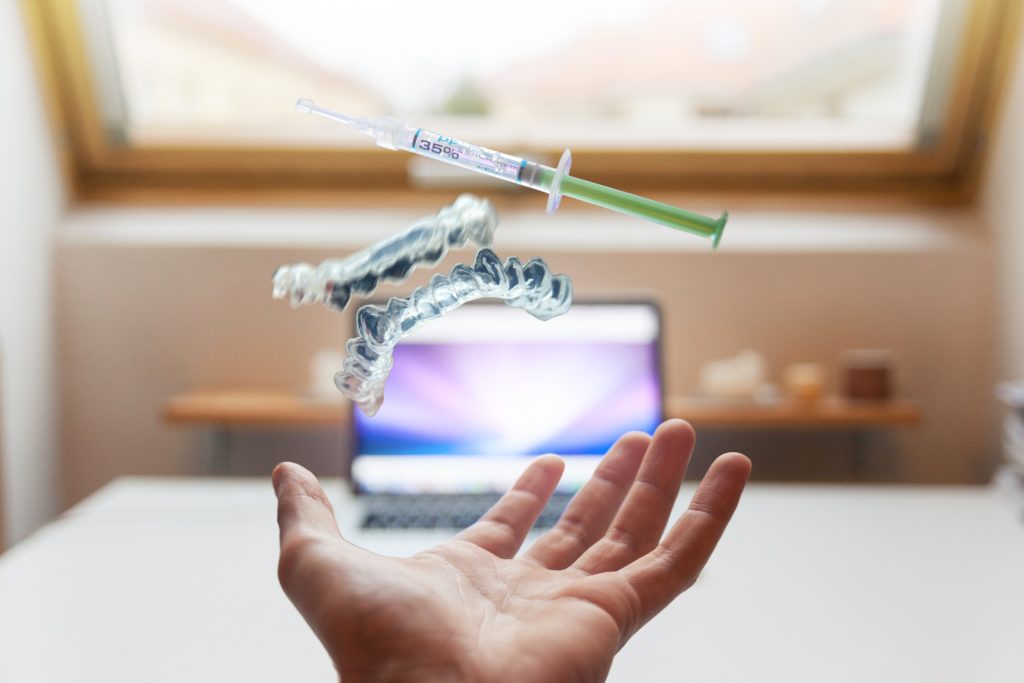 How Does Peptide Therapy Work?
How Does Peptide Therapy Work?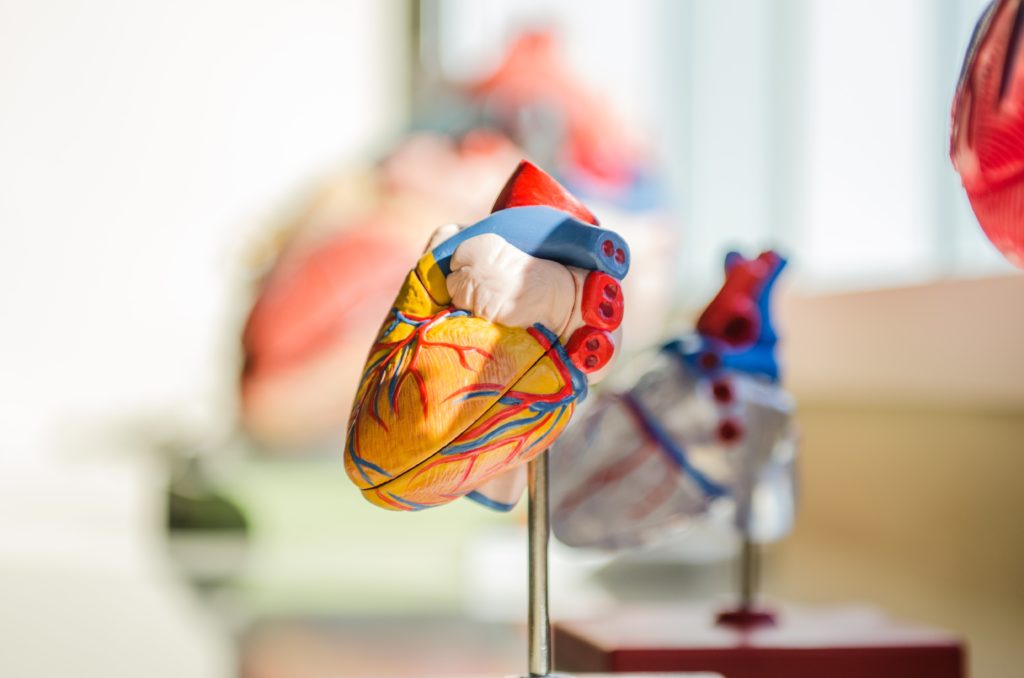 The Advancements and Advantages of Peptide Therapy
The Advancements and Advantages of Peptide Therapy